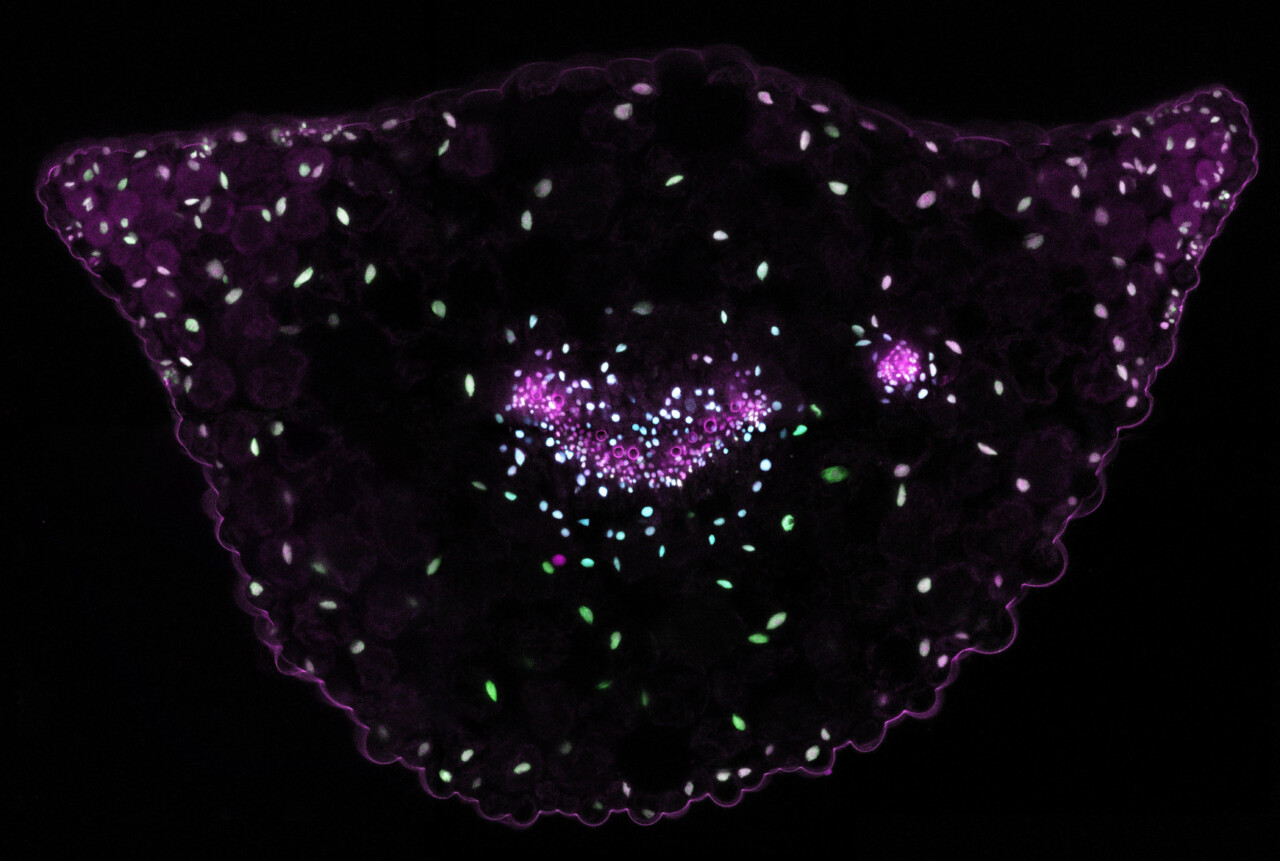“My mentor meeting is like a highlight reel of my PhD growth story, a time to introspect and a time to think of what is to come, with my mentor being a great support.”
The role and involvement of a mentor during the PhD project
The mentor (previously called external advisor) is meant as a personal sounding board for the PhD candidate and it is therefore essential that the mentor is chosen by the PhD candidate themselves. The mentor should be an independent expert with a PhD degree who is active in (academic) research and who has no formal ties with the planned PhD project nor with the promotor(s), co-promotor(s) or daily supervisor(s) of the PhD candidate. The mentor is able to discuss the major aspects of the PhD project (e.g. the scientific progress, the project planning, the writing and/or publication process), but should also be able to handle sensitive or confidential aspects of the PhD candidate (e.g. the personal development of the PhD candidate, how to deal with set-backs, problems with the supervisors). It is therefore very important that the PhD candidate feels comfortable enough to discuss also the more sensitive issues with their mentor in a one-on-one meeting. Additionally, the mentor could also participate as an extra, objective set of eyes and ears in yearly meetings in which the progress of the PhD project is discussed within the supervisory committee of the PhD candidate.
“The idea that I could discuss potential issues with my supervisor with a neutral party was relaxing, even though these issues never arose.”
How to choose a mentor
The mentor could be a person who is already in the network of the PhD candidate, for instance a supervisor from their previous studies. However, the mentor could also be a person that is not yet in the network of the PhD candidate, and in this case the PhD supervisors can maybe assist in establishing contact with the potential mentor. Please note that the mentor does not have to be a member of the EPS community, and also does not have to be working in the Netherlands. The reasons for considering somebody for the mentor position could range from already having a good bond with the person, scientific expertise, knowledge of the local (Dutch) PhD rules and regulations, broadening horizons by choosing somebody from outside academia, or establishing (or maintaining) a relationship with a certain group. It is up to the PhD candidate to decide what is the more important aspect for them. Please note that it is possible to choose a mentor for the first part of the PhD project and to change to a different mentor when this becomes necessary. It is also possible to add an extra mentor, when this seems useful.
“Opportunity to network and getting insights into other related research fields. An important pillar of my PhD.”
Indicating your mentor during registration
The choice for the mentor should be indicated in the registration sheet and/or TSP that is handed in for approval within the first three months after the start. The first introduction meeting between PhD candidate and mentor should therefore preferably also be held (online) within the first three months of the PhD appointment. The PhD candidate and the mentor will meet at least once per year, but maybe they prefer more frequent meetings. Together they can decide what would be the most suitable way to establish their meetings. Please note that the mandatory yearly meeting with the mentor can be credited with 0.1 ECTS/year for 4 years in the EPS TSP in the Training sheet.
“A mentor can guarantee an unique perspective on your research project.”
Topics to discuss with your mentor
During the meetings with the mentor, issues that can, among others, be discussed are the progress of the PhD project, the development and training of the PhD candidate, the supervision of the PhD candidate, and in general the well-being of the PhD candidate. A list of example questions that can be used for these meetings can be found under EPS Documents.
“My mentor has given me other perspectives, not only on my research, but also about mental health and the scientific field on the whole.”
In case of problems
If the PhD candidate is experiencing problems during their PhD project, they can decide to contact the mentor or the EPS PhD advisor, Susan Urbanus. The mentor may also consult the EPS PhD advisor. In all cases all information will be handled with strict confidentiality.



